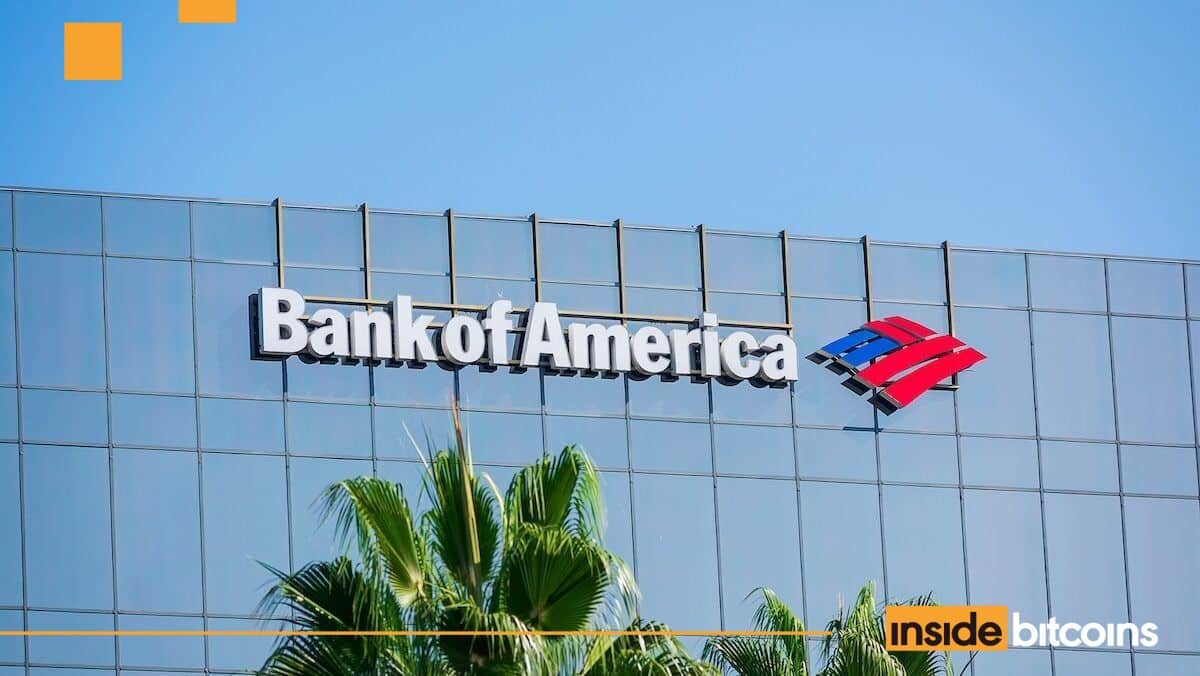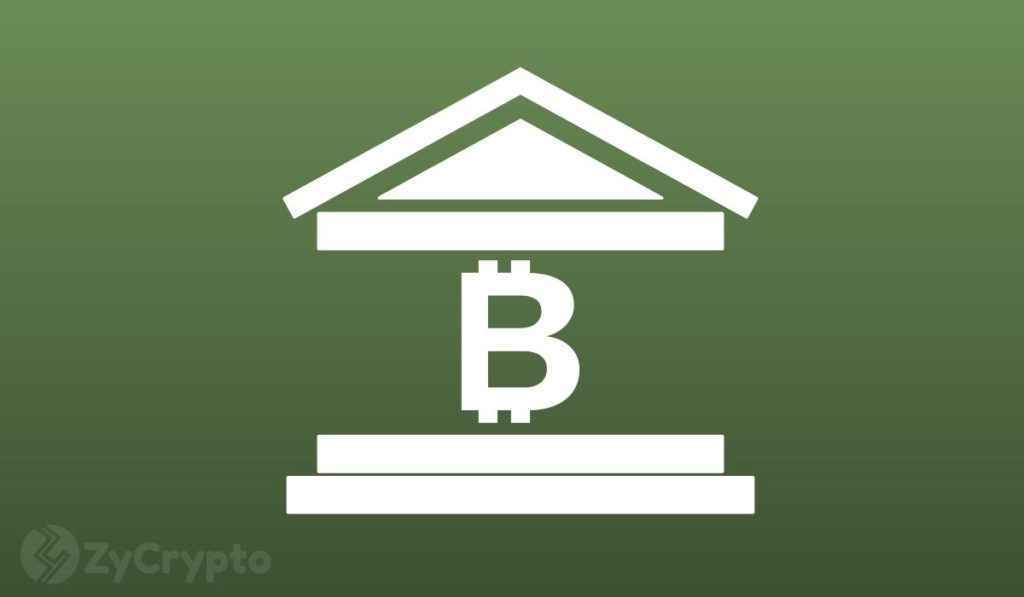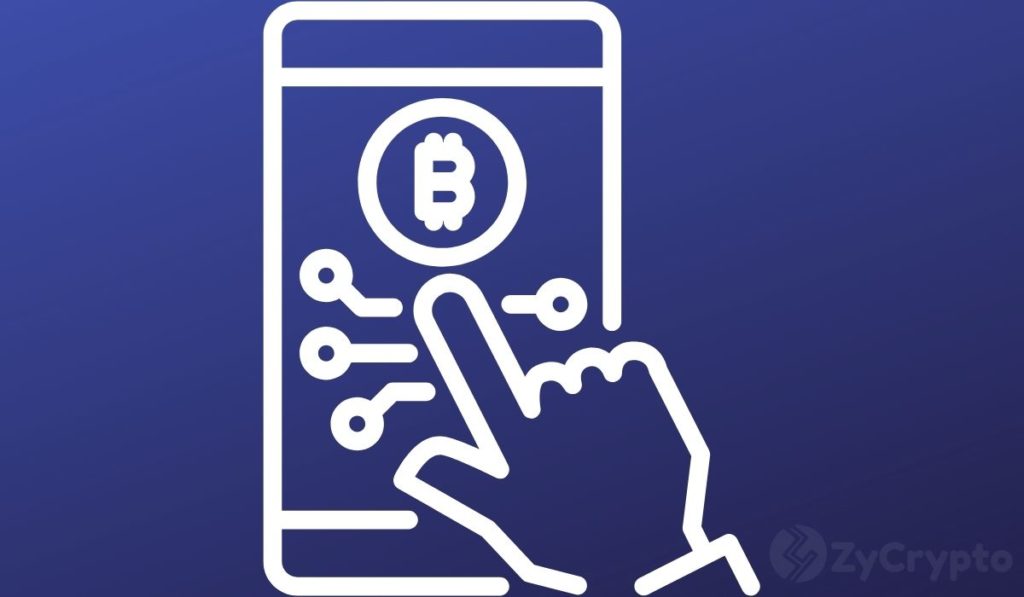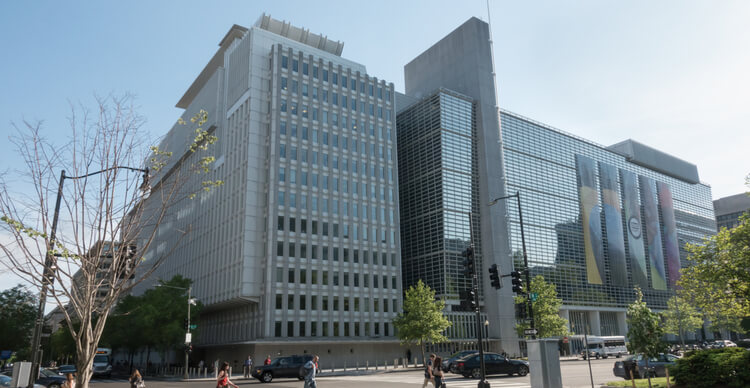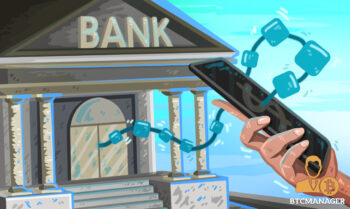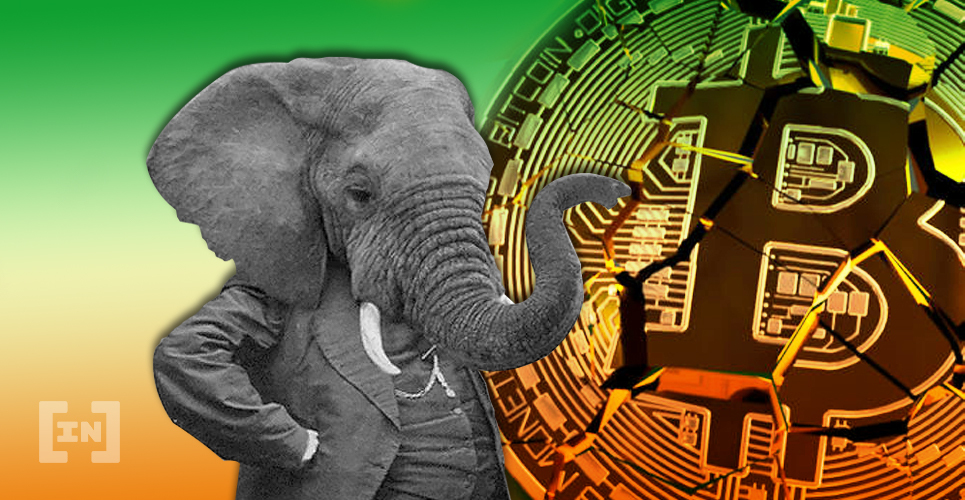2019-10-4 23:00 |
The authorities in India appear to have fallen victim to their own anti-crypto regulations. Money seized from a convicted Bitcoin scammer is currently sitting trapped in a frozen State Bank of India of bank account.
The authorities had originally hired a local trading venue to take care of exchanging the $1.1 million in Bitcoin for the Indian National Rupee. However, the account used by the exchange was frozen under earlier regulations and, as such, the money cannot be transferred.
Bitcoin Exchange Bank Account Frozen Under RBI CircularAccording to a report in The Times of India, the more than $1.1 million (in local currency) was seized by the Indian cyber crime cell from the fraudulent investment platform GainBitcoin. The investigators had tasked local crypto trading venue Koinex with the job of exchanging the Bitcoin to Indian Rupees.
In other news. Koinex helped Pune cops sell 244 BTC seized from Gain Bitcoin scam, and now Pune police can't take the funds to their treasury because koinex's bank account is frozen.
INR 8.42 crore on the line.
— Naimish Sanghvi (@ThatNaimish) October 3, 2019
However, the money now appears stuck in the Pune branch of the State Bank of India’s bank. The bank account of the company that owns Koinex, Discidium Internet, has been frozen in accordance with the circular issued in April 2018. It prohibits financial institutions from transacting with cryptocurrencies or entities associated with them. A number of companies, including the one stuck holding the confiscated funds, have since petitioned the Supreme Court over the validity of such a regulation. However, the circular remains in effect.
The report states that the Pune police force has sought a court directive to have the account unfrozen. Discidium Internet itself even requested that regulators at the Reserve Bank of India (RBI) order the central bank to allow the transfer of funds.
Gain Bitcoin was a ponzi scheme operated by Amit Bhardwaj until around April 2018. Bhardwaj, also the founder of Amaze Mining and Research Limited, was arrested by Pune City cyber cell in April 2018, along with more than eight others. Amongst them were Bhardwaj’s brothers, Nikunj Jain and Sahil Baghla. The scheme is thought to have defrauded its victims to the tune of more than $300 million. According to another report in The Times of India, two of those accused of operating the Gain Bitcoin scam have recently been released on conditional bail. Akash Kantilal Sancheti and Vyas Narhari Sapa were ordered to pay a release bond on September 27.
Following the initial arrests, authorities were able to seize 244 BTC associated with the Gain Bitcoin scam. However, thanks to the Reserve Bank of India’s knee-jerk lawmaking efforts, these funds are currently in limbo.
The ongoing back and forth between Indian cryptocurrency exchanges last month saw government officials introduce new legislation banning the use of so-called private digital currencies (Bitcoin and other public digital assets). The government is expected to put the anti-crypto bill to parliament in December or January of next year.
Related Reading: Analysts Expect 10% Bitcoin Upside as Price Holds Strong at $8,300
Featured Image from Shutterstock.The post Indian Crypto Ban Sees State Funds Seized in Bitcoin Scam Frozen in Bank Account appeared first on NewsBTC.
origin »Bitcoin price in Telegram @btc_price_every_hour
Time New Bank (TNB) на Currencies.ru
|
|


